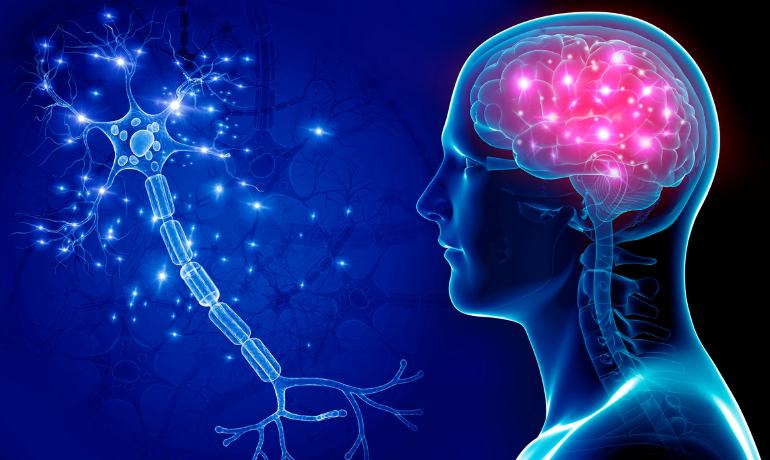A brain stroke, also known as a cerebrovascular accident, occurs when the blood supply to the brain is interrupted, leading to damage or death of brain cells.
When it comes to neurological conditions, timely and specialized treatment can make all the difference in saving lives and improving outcomes. Brain strokes, in particular, require immediate attention and expert intervention to minimize the potential damage caused by the interruption of blood flow to the brain.
Individuals needing top-notch brain stroke treatment in Hyderabad can find solace in the expertise of Chandra Sekhar Tavisetty. He is a highly skilled neurosurgeon in Hyderabad with 8+ years of experience.
With a specialization in neurosurgery, Dr. Chandra Sekhar is well-versed in dealing with complex cases and providing effective treatment options.
Specializing in diagnosing, treating, and managing brain stroke cases, Dr Chandra Sekhar Tavisetty possesses an in-depth understanding of the complexities associated with this critical condition.
His commitment to patient well-being and extensive expertise have earned him a reputation as one of the best brain doctors in Hyderabad.
Whether individuals seek urgent intervention during the critical moments of a brain stroke or require post-stroke rehabilitation and recovery assistance, Chandra Sekhar Tavisetty is equipped to guide them throughout their journey.
From the initial consultation to the comprehensive evaluation and follow-up, Chandra Sekhar Tavisetty and his team of highly skilled healthcare professionals strive to provide exceptional care and support to every patient.
The classification of strokes primarily involves two main types: ischemic and hemorrhagic stroke, each with distinct characteristics and implications.
This type of stroke occurs when a blood clot obstructs or constricts a blood vessel, reducing blood flow to the brain. The blockage hampers the brain’s access to essential nutrients and oxygen, leading to potential damage and impairment.
In contrast, a hemorrhagic stroke arises from the rupture of a blood vessel within the brain. This rupture causes bleeding, increasing pressure on the delicate brain tissues. The resulting disturbance can lead to complications and detrimental effects on neurological functioning.

Brain stroke treatment aims to restore blood flow to the brain, minimize damage, and prevent future occurrences. The treatment approach depends on the type of stroke, severity, and individual factors.
Brain stroke treatment often involves a surgical intervention to address the underlying cause and alleviate symptoms.
Dr. Chandra Sekhar employs a comprehensive, personalized approach to ensure optimal patient outcomes. With a focus on advanced techniques and the latest medical advancements, he offers a range of brain tumour treatments in Hyderabad tailored to each patient’s specific needs.
Procedure: Removal of plaque from the carotid artery to reduce the risk of stroke.
Purpose: Prevents and treats blockages in the carotid artery, which can lead to stroke.
Procedure: Surgical opening of the skull.
Purpose: Allows access to the brain to remove blood clots, repair blood vessels, or address other issues contributing to stroke.
Procedure: Clipping or coiling of an aneurysm.
Purpose: Prevents the rupture of an aneurysm, which can cause a hemorrhagic stroke.
Procedure: Removal or embolization of abnormal blood vessels in the brain.
Purpose: Treats AVMs, reducing the risk of bleeding and stroke.
⇒ Sudden weakness or numbness
⇒ Difficulty speaking or understanding speech
⇒ Severe headache
⇒ Dizziness
⇒ Loss of coordination
⇒ High blood pressure
⇒ Diabetes
⇒ Smoking
⇒ Obesity
⇒ Sedentary lifestyle